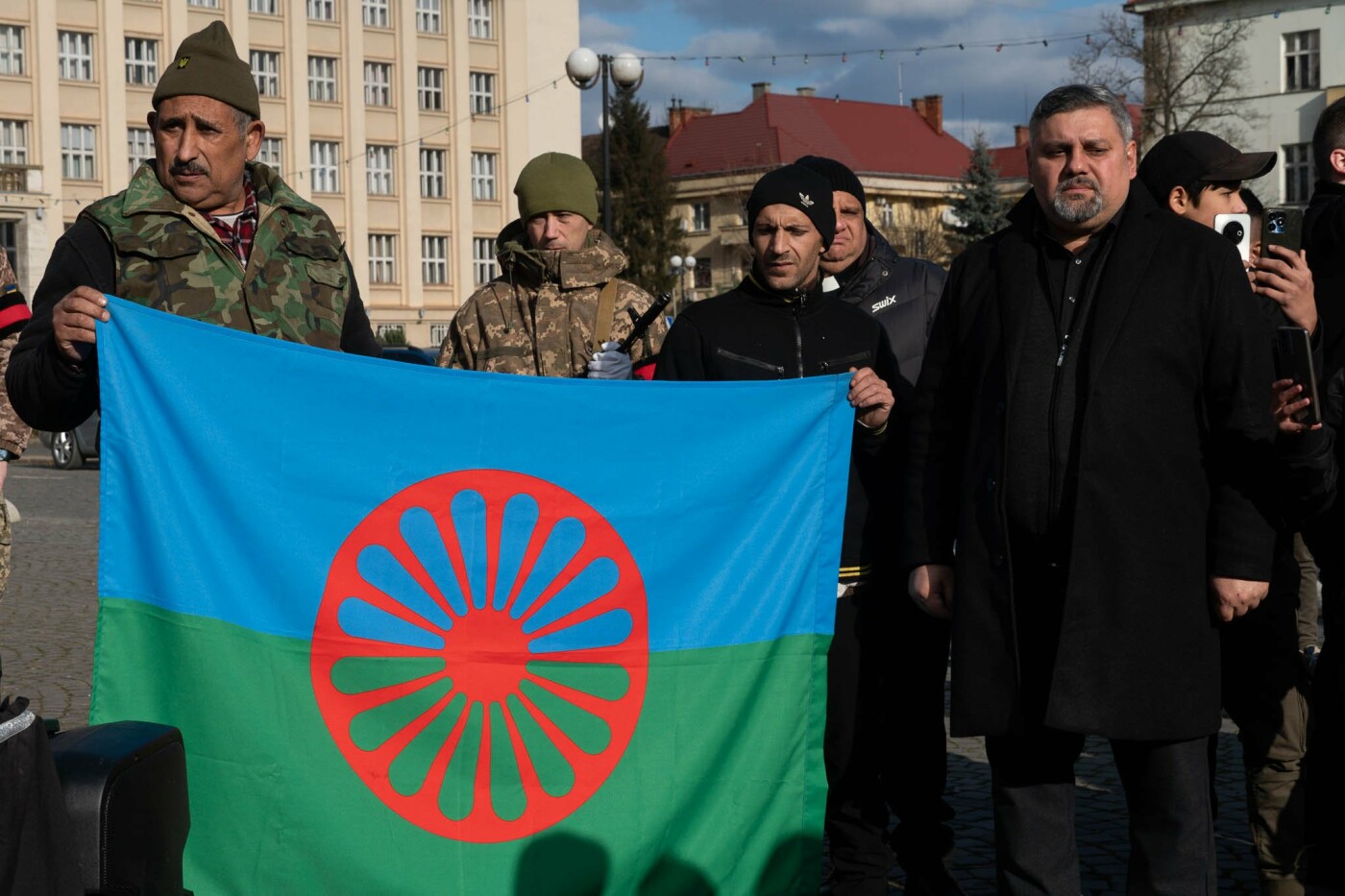Keet (2014) reports on the forced resettlement of about 3,500 Rroma in Istanbul. The members of the minority, who have lived in the neighbourhood Sulukule for centuries, were relocated between 2005 and 2010 into apartment buildings on the outskirts of the city because of a building project. Sulukule was one of the oldest documented Rroma settlements in the world. Their presence was documented since the time of the Byzantine Empire. The forced resettlement of Rroma led to massive protests by various groups. The inhabitants protested for four years, all the while when excavators destroyed their buildings. Despite several legal objections to the destruction of the settlement, which was ordered by the government, the demolition continued. With the settlement’s destruction, a way of life was laid to rest. It consisted of a close cooperation between the local families, who arranged their daily works with one another, which allowed a good existence in spite of small incomes. In the new apartment buildings the Rroma pay a lot more rent and are cut off from their former sources of revenue, such as metal work, flower trade, or raw material recycling, because of the location on the urban periphery. Critics complain that the Rroma were not consulted in the resettlement project, and that a responsible policy would have involved them in the decision-making. According to estimates of the Rroma Foundation, 300,000 to 500,000 Rroma live in Turkey. Many of them are affected by severe poverty. However, numerous are also well integrated, have educations, own apartments and belong to the middle or even the upper class.
Keet, Verenia (2014) Roma people victims of modernization in Turkey. In: Press TV online vom 10.10.2014. http://www.presstv.ir/detail/2014/10/10/381719/roma-victims-of-modernization-in-turkey/







